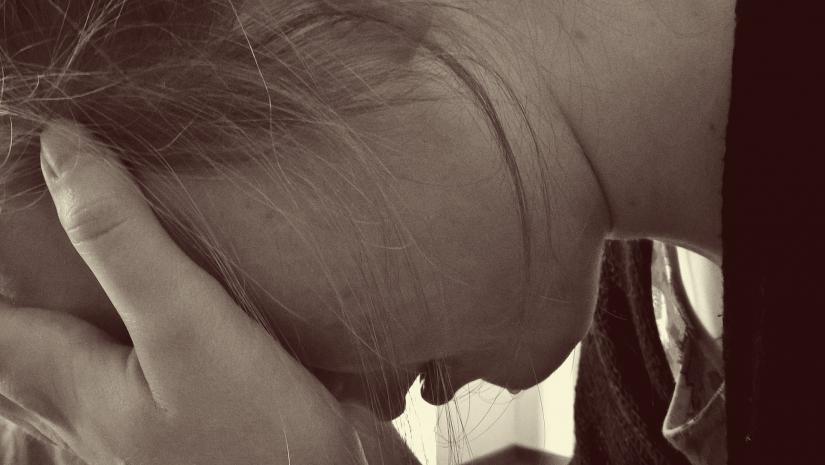
Image: Pixabay
It is normal to experience distress after a cancer diagnosis, but for some people distress can become so severe it affects a person’s mental health.
We found that people who have anxiety as well as cancer often cost the health system more, particularly when anxiety is undiagnosed and untreated.
Cancer patients with clinical levels of anxiety often cost the health care system more. This is because they use more health resources, such as having more tests, or staying longer in hospital.
While some of these extra resources might be to treat their anxiety, many are for physical complaints, and are incurred even when the anxiety has not been formally diagnosed.
For example, one study found that men with prostate cancer tended to opt for more intensive treatment if they had anxiety. Similarly, women with breast cancer were likely to stay in hospital longer, and have more complications, if they had a psychiatric disorder like anxiety.
These extra days in hospital and treatment for complications meant their care cost the health care system an extra 13%. Similar results were seen for colon, cervical, head and neck cancers.
Given that more than 1 in 3 Australians will be diagnosed with cancer during their lifetime, finding ways to make cancer treatment more effective and more efficient is critical.
Health services that improve the psychological support available to cancer patients could have long term cost savings, as well as providing improved patient care.
Despite how common clinical anxiety is, this review identified only five studies that looked at the costs of anxiety in people with cancer. Four were from Canada and the USA, and one was done in Germany.
Unsurprisingly, the studies that looked at treatments for anxiety found that health care use increased in the short term – often because patients accessed mental health support services.
This meant that providing support for anxiety looked more expensive than standard care. However, no-one has looked at whether reducing anxiety among cancer survivors could reduce costs in the long term.
While most people diagnosed with cancer will experience distress, this is a normal reaction to a traumatic life event. However, at least 10% of people with cancer will have clinical levels of anxiety after their diagnosis.
Young people, women and people with advanced cancer are particularly at risk. This anxiety can lead to feelings of fear, loss of control and avoidance, as well as physical symptoms such as poor sleep, headaches, and fatigue.
Even though there are effective treatments for anxiety, in the midst of cancer care, anxiety often goes undetected and untreated.
One reason for this is that the physical symptoms of anxiety, such as, headache or stomach upsets are often attributed to non-mental health causes.
Without appropriate treatment, anxiety can impair decision making and coping. It can also lead to poorer psychological and medical outcomes, including more side effects and poor treatment compliance.
The management of anxiety disorders in the cancer context is a clear example of where the evidence base for relatively low cost and effective methods for identification and treatment is available, yet not systematically implemented.
Our full paper is available here: https://onlinelibrary.wiley.com/doi/abs/10.1111/ecc.12893

